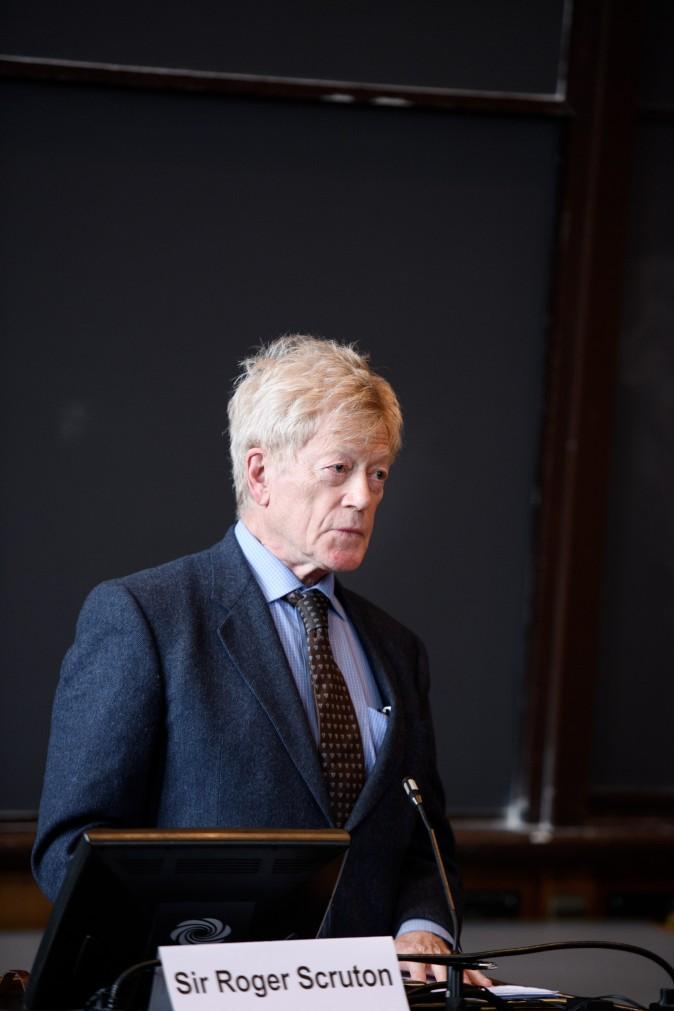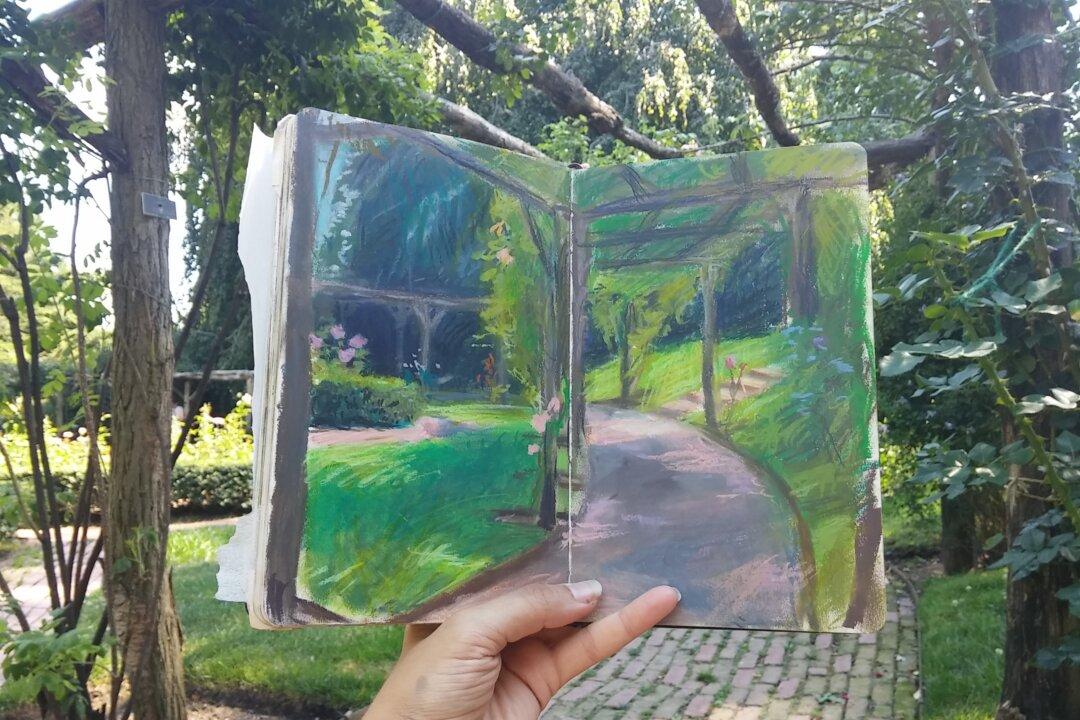PRINCETON, N.J.—If you care about beauty in art, music, and architecture; if you are looking for consolation in the world; if you want to learn about human nature, sexuality, and desire; if you want to understand why tradition matters; or if you simply want to know how to better nurture friendships, perhaps you would enjoy works by Sir Roger Scruton.
There are plenty to choose from. In addition to countless essays and lectures, Scruton has written nearly 40 nonfiction books, four novels, and two operas. The English philosopher and writer also composes music and writes poetry.
“Roger has written pretty much about everything that matters; therefore, his work could justly be called an overall exploration of our human nature and human condition,” said Alicja Gescinska, a Polish-Belgian philosopher, novelist, and TV host. She was a panelist at a recent event honoring Scruton, which I had eagerly anticipated.
When the James Madison Program in American Ideals and Institutions at Princeton University heard that the Prince of Wales had knighted Scruton for services to philosophy, teaching, and public education in November 2016, the program decided to honor Scruton by hosting a panel discussion. Scruton also gave a public lecture at the event, titled “The Achievements of Sir Roger Scruton,” at Princeton University on April 3.
[gallery size=“medium” ids=“2240666,2240667”]
Scruton is “a virtuoso in so many genres that it is almost impossible for any ordinary person to assess his accomplishments,” said panelist Daniel Cullen, professor of political science at Rhodes College.
While Scruton’s scope is undeniably broad, he expresses his particular philosophical stance coherently and consistently throughout his works. John Haldane, professor of philosophy at both Baylor University and at the University of St. Andrews, said Scruton’s work is striking because of its “systematicity.”
As Scruton’s prose style is robust, it may initially come across as dry. He presents his reasoning so clearly that there’s nothing obscure or hidden about it. Yet he threads questions, fine distinctions, and explanations so elegantly that his philosophizing unexpectedly becomes poetic, consoling, and sometimes amusing.







